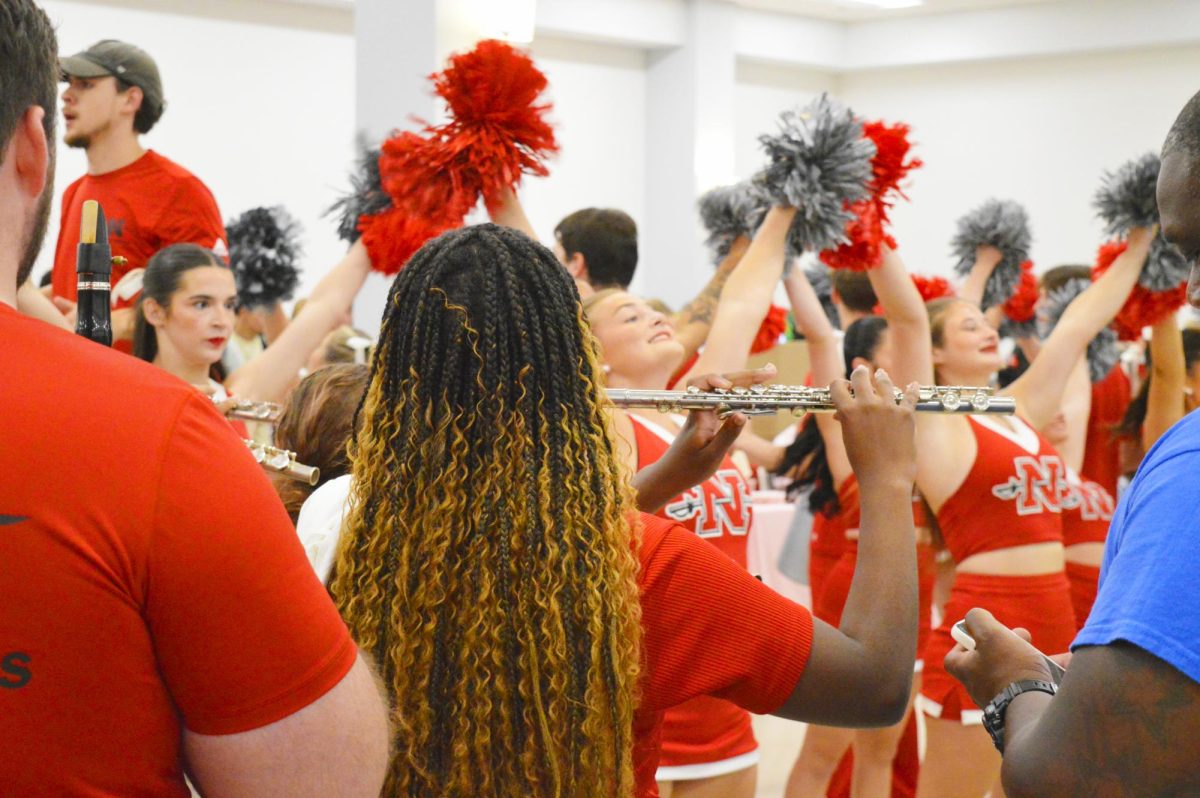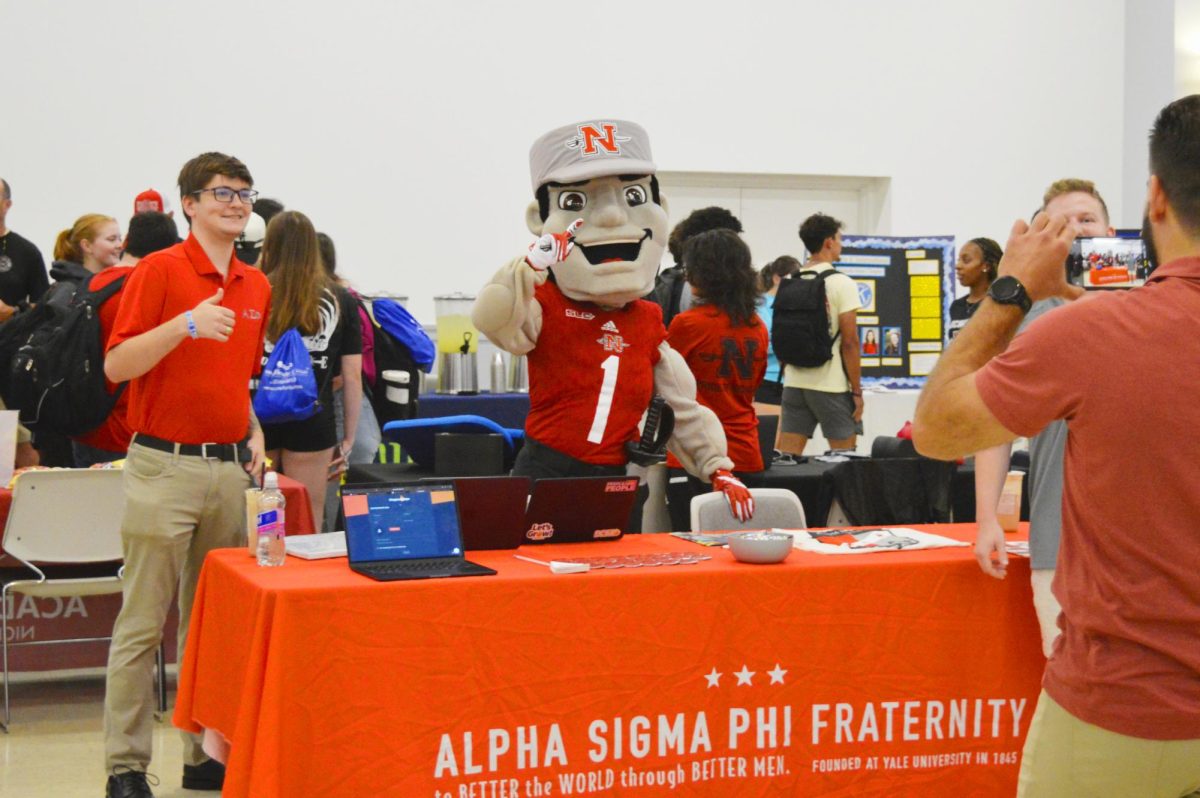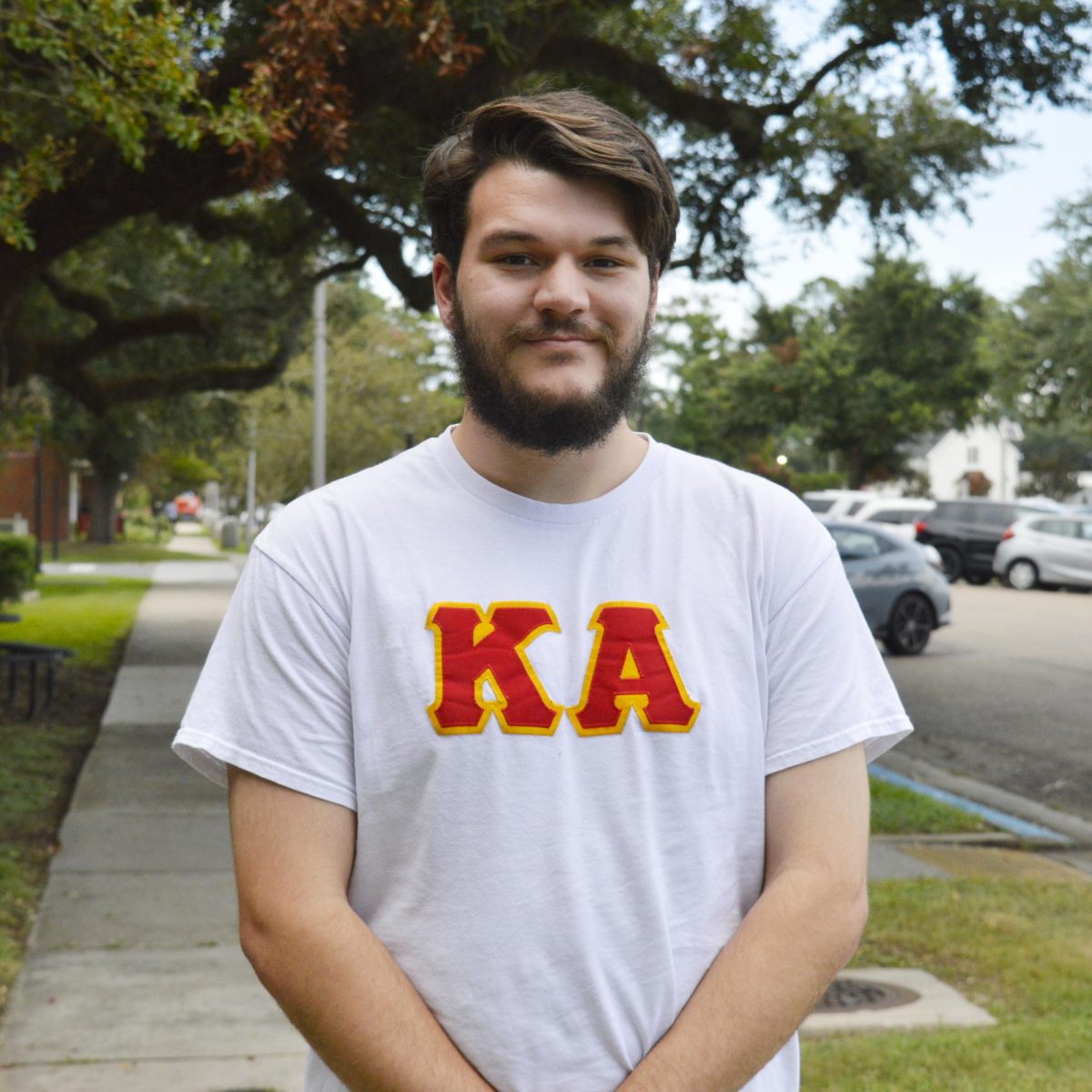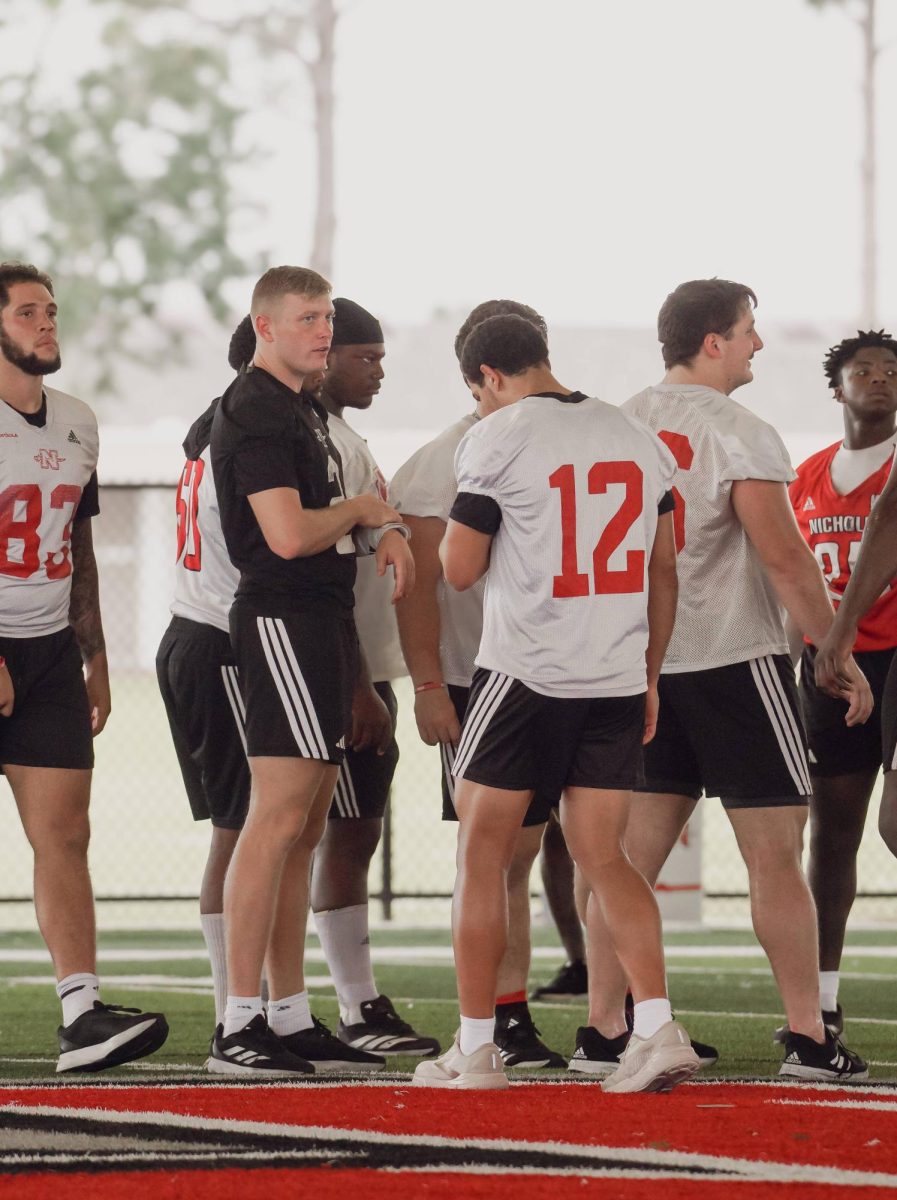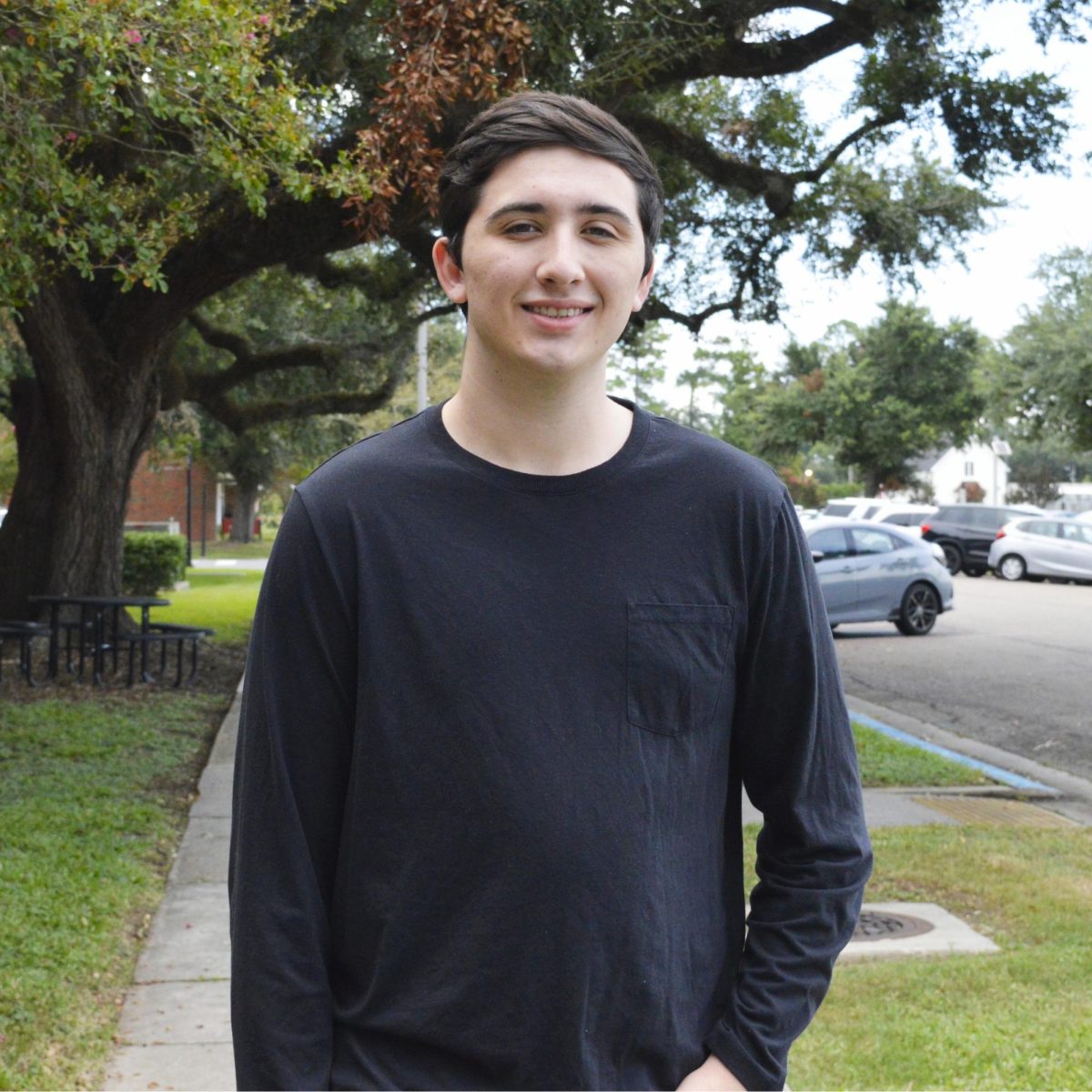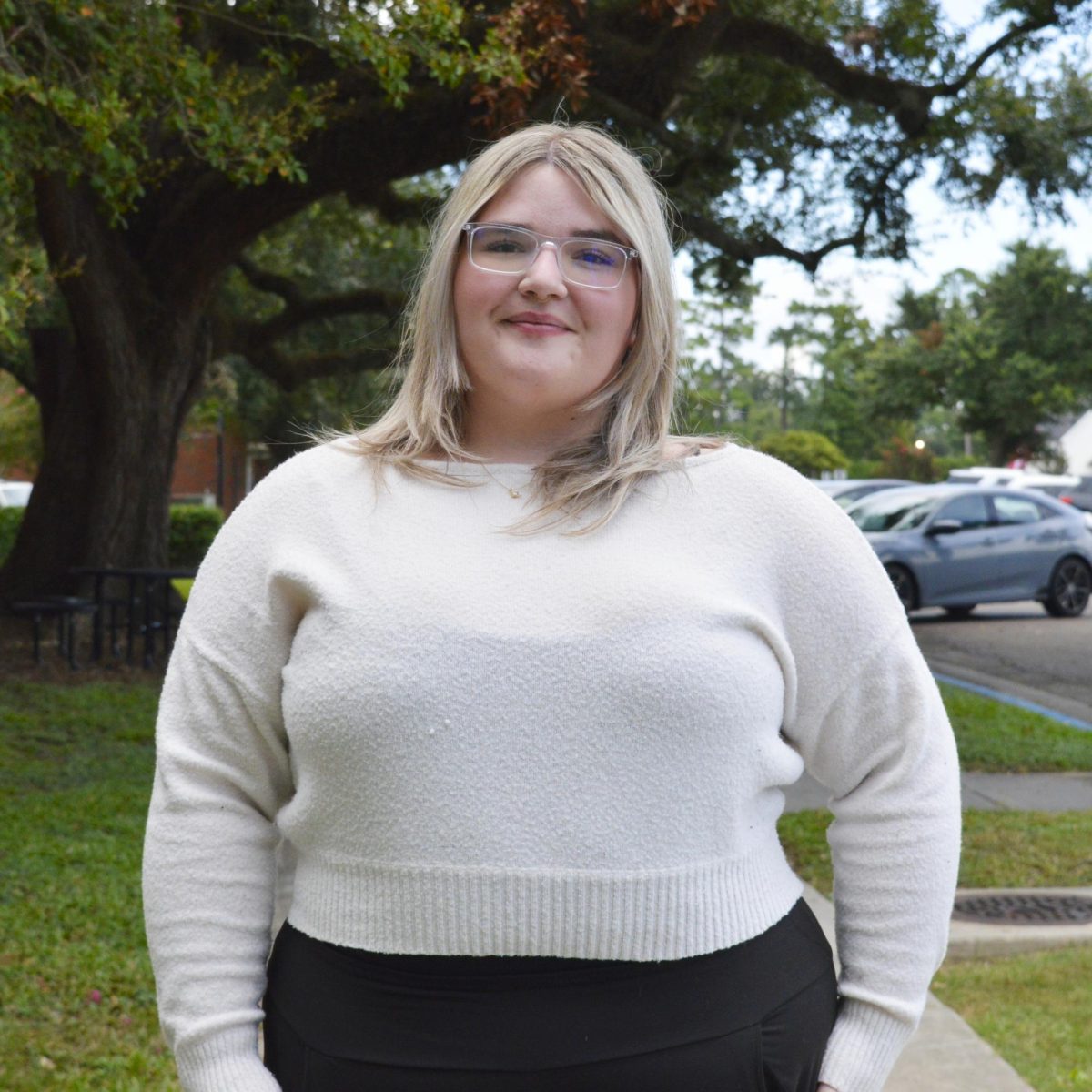Most people pay for individual counseling sessions. But at Nicholls, this service is offered free of charge to enrolled students, faculty and staff. “Unfortunately a lot of students still do not even know that we exist, and we want to get the word out that we do exist and that we are available to students,” Michele Caruso, dean of student services and director of university counseling center, said.
“We want students to understand that coming to counseling does not mean that there is something wrong with them or that they are crazy and that it is a sign of weakness. It is actually a sign of strength, to reach out and be helped when you need it.”
The University Counseling Center, located in 224 Elkins Hall, provides individual, couples and group counseling. These free services are funded by the University.
Caruso says the center usually sees around 300 students per year in about 1,000 counseling sessions per year. “There is still room for others,” she said. “We want actually for that number to increase because we know there are students out there that can use the service that are not (doing so).”
Individual sessions with a staff counselor usually last about 50 minutes. There is no limit to the amount of sessions a client can attend.
The sessions cover an extensive assortment of concerns dealing with such issues as self-esteem, relationships and anxiety to name a few. Students may also use this time to discuss educational and career concerns.
In 2003, the biggest issue the counseling center dealt with was relationship concerns. The second and third biggest concerns were dealing with stress and depression. Following those two were anxiety and academic concerns.
These statistics are taken from the intake forms that clients have to fill out when coming to counseling for the first time. The intake asks what the clients’ three most pertinent concerns are for coming to counseling.
“I think it is pretty accurate,” Caruso said. “I think that depression, anxiety and relationship issues are usually the most common ones that college students come in with.”
Group counseling is where you meet with a counselor and a group of clients that are facing the same issues. The sessions address various issues such as gay and lesbian support and sexual assault survivors.
Although group counseling is offered, Caruso admits that these types of sessions are difficult to maintain, and many students do not use it.
“We can do a group (session) on any topic, but in order to have a really effective counseling group, you have to have at least four members and they really have to attend the group consistently,” she said.
The Counseling Center also provides consultations with faculty, staff and students. Consultations are third party situations concerning a specific mental health issue or regarding an individual about whom they may be concerned.
Other services provided are workshops and presentations. Counselors offer presentations to classes, residence halls, student organizations and department meetings upon request.
Counselors’ presentation topics range from anxiety to time management. They can also prepare presentations on specific topics when asked.
In addition to these services, they participate in educational campaigns on campus, such as violence against women, eating disorder awareness programs, depression awareness and anxiety programs.
“Usually with those we do the screenings for the eating disorders, depression and anxiety disorders,” Caruso said.
Students receive an e-mail newsletter in their campus e-mail account from the Counseling Center. The newsletter is titled “E-mental Health” and provides the students with information and tips, which may be useful for daily life.
The University Counseling Center is accredited by the International Association of Counseling Services, and all staff members are licensed professional counselors.
“We are fully accredited, which means that we meet a set of national standards, so the quality of service they are going to receive here is excellent,” Caruso said.
All information discussed in counseling sessions is confidential and counseling records are separate from University records.
Exception of confidentiality occurs if the person is a danger to himself or others, if abuse or neglect of a minor is suspected, if the counselors receive a court order from a judge or if the client signs a release allowing the counselor to share the information with another professional.
Caruso encourages students to visit the center’s website at http://nicholls.edu/counseling. She feels this is a “way for students to become acquainted with the services.”
Generally, students need appointments to receive counseling, but there are exceptions to this rule. “Anyone who is in any type of a crisis or needs attention immediately because of an issue or situation they are in, then we work around that,” Caruso said.
The Counseling Center is open Monday through Friday from 8 a.m. to 4:30 p.m. Students can go to the office to schedule appointments or call 448-4080. For after-hours emergencies the student can call University Police at 448-4911.



